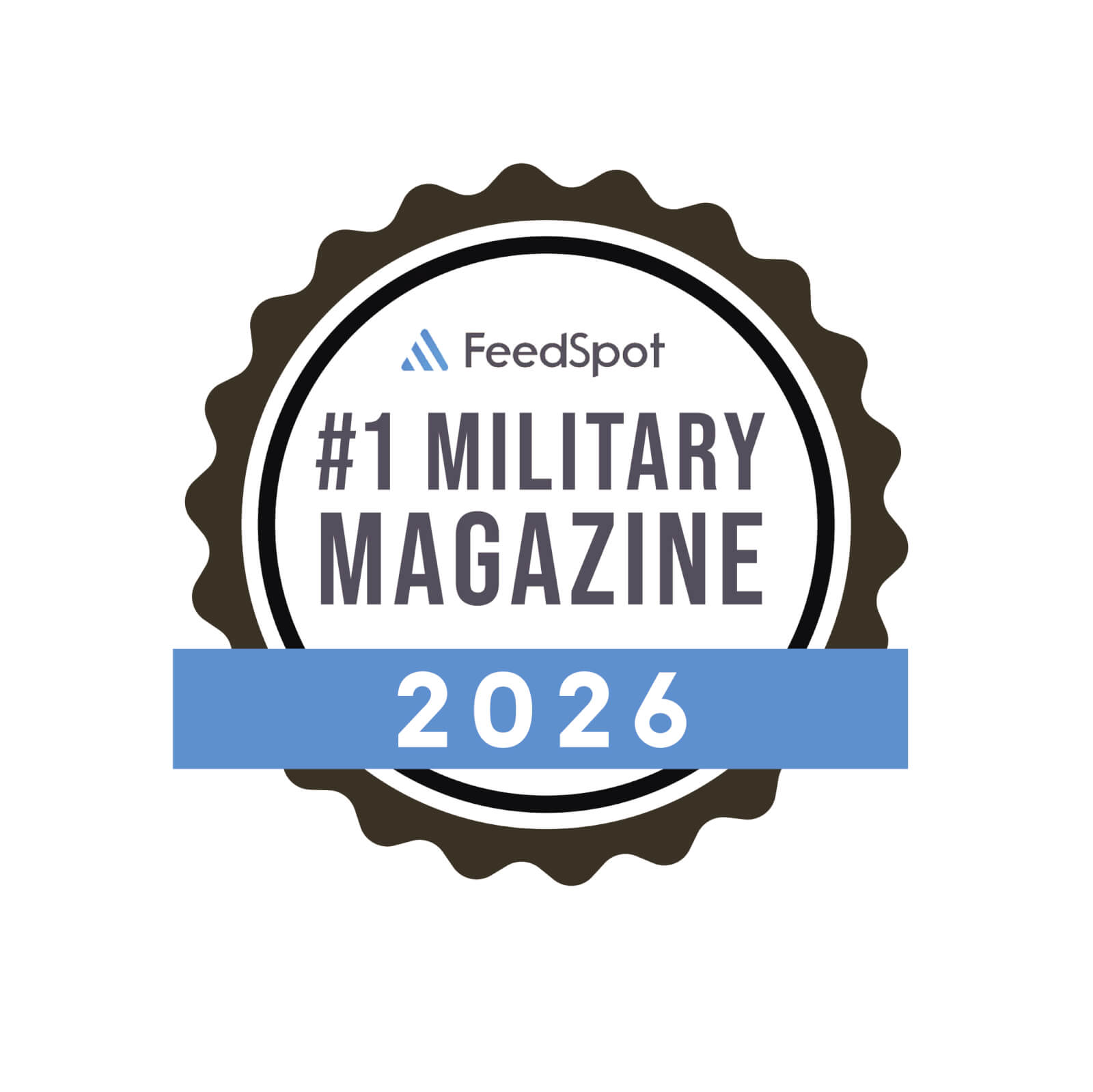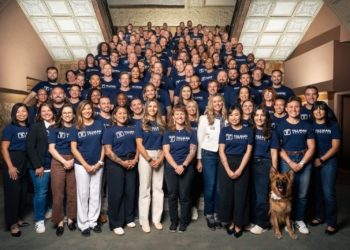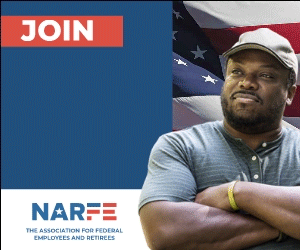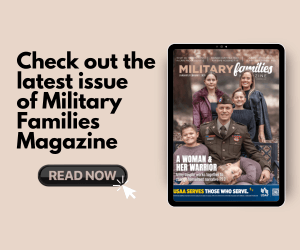The opinions expressed in this op-ed are those of the author and do not necessarily reflect the views of U.S. Military Publishing. Have a personal perspective essay to share? Submissions can be made online for consideration at this link.
When I retired from the Marine Corps and enrolled at Fordham University, I had the GI Bill, a mission-focused mindset, and more life experience than most classmates. I rechanneled my sense of purpose to support my fellow veterans and was fortunate to have the clarity and confidence to pursue it. That experience led me to join the university as a staff member, and today I serve as executive director of Fordham’s Office of Military and Veterans’ Services.
So you’d think that when my daughter enrolled at Fordham, we’d have everything figured out.
But even without using the GI Bill, figuring out how to navigate financial aid and connect her with the proper support took time, even for me, someone who leads the university’s veteran programs and works in this space every day.
Imagine how much more daunting it can feel for a dependent navigating it for the first time.
That’s the quiet reality for thousands of military children and spouses in higher education. At Fordham, nearly half of our military-connected students are dependents. To better understand their experiences, we embarked on an in-depth assessment of this often hidden population.
We partnered with Virtual Veterans Communities to conduct one of the most comprehensive evaluations of Fordham’s military-connected students. The findings confirmed what many of us have long sensed: military dependents experience college differently than veterans or traditional students.
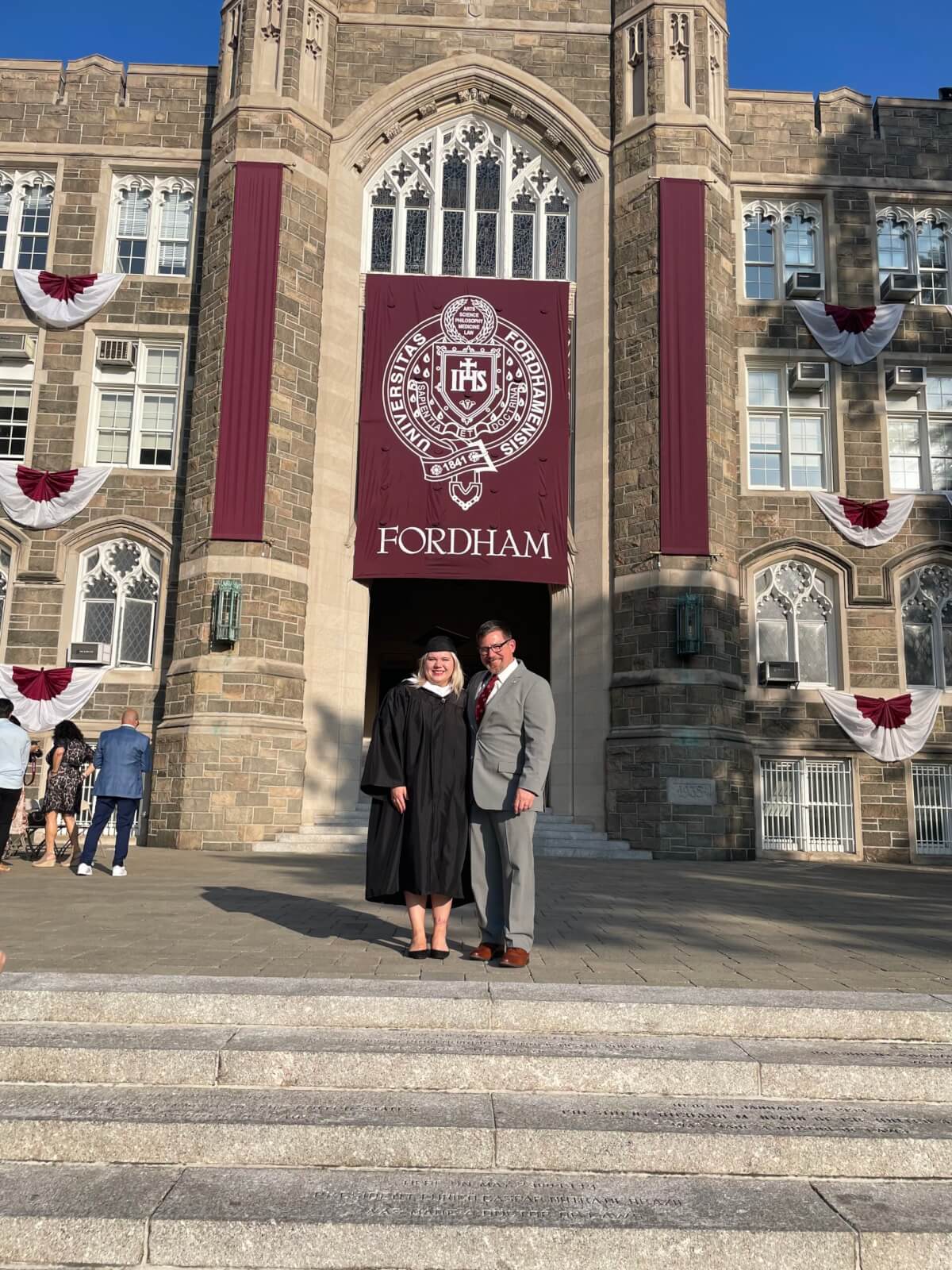
While campus services effectively support the broader student body, the unique needs of military dependents may fall outside traditional frameworks. Their experiences navigating academic advising, health resources, and financial aid can vary significantly, often shaped by complex family dynamics, benefit eligibility, or being a first-generation student.
Rather than view this as a shortcoming, we see it as a strategic opportunity: to build on what’s working and adapt our approach to reflect the full spectrum of the military-connected experience.
We love to say, “military families serve too.” We acknowledge their sacrifices during deployments. We post tributes on social media during the Month of the Military Child. But when it comes time to help a spouse complete a degree or a child navigate VA benefits, they often face those challenges without a clear roadmap.
Over the past decade, many colleges have made significant strides in establishing support systems for student veterans, including dedicated benefits counselors, veteran centers, and transition programs. Yet those systems, built with veterans in mind, may not fully meet the different needs of dependents. That leaves a tremendous opportunity to design better pathways, resources, and communities for those whose service stories are no less real, just less visible. Institutions must expand their lens to uphold the “military-friendly” label.
At Fordham, we’re working to do precisely that. Next year, we’ll open a new Veterans and Military Family Center at our Rose Hill campus — intentionally designed with dependents in mind. The space will be visible, welcoming, and shaped by the lived experiences of students raised in military life.
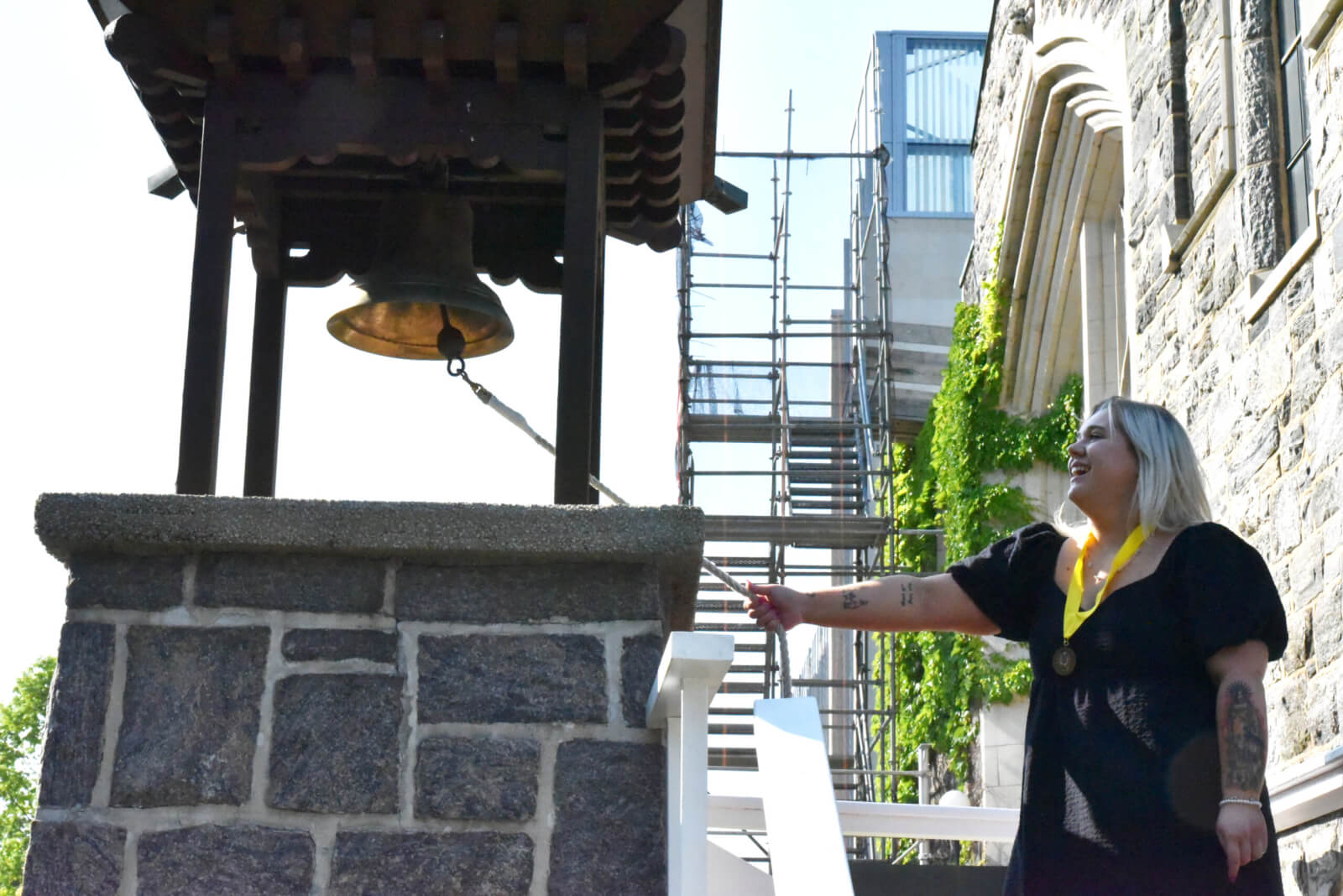
We’re also launching a regional career conference and symposium, open to all military-connected students in the New York City area — not just veterans, but dependents, spouses, and reservists. Career development is another area where military-connected students often feel underserved; we see this as a chance to improve.
These efforts are part of the Fordham Veterans Initiative — our bold, five-year plan to double enrollment of military-connected students and set a new national standard for how higher education supports veterans and their families. It’s about more than recognition — it’s about rethinking systems and removing barriers, especially for those whose sacrifices often go unseen.
But we can’t — and shouldn’t — do this work alone. The opportunity to lead is one we can all share. Other colleges, funders, and employers must act if we want real progress. That means collecting meaningful data, training staff, and creating spaces where all military-connected students — not just veterans — feel seen and supported. It means intentionally designing services that reflect the full range of military family experiences.
Dependents can’t be an afterthought. They are part of the future of higher education, and their success strengthens the entire campus community. Now is the time to lead with action, not just intention.
If your institution is ready to serve military-connected students more effectively — especially families — we’re eager to share what we’ve learned and to learn from your efforts. Together, we can lead this change.
I’ve worn the uniform. I’ve walked the campus as a veteran. I’ve supported my daughter as a military parent. And I’ve worked with hundreds of students navigating the same ground.
If we genuinely believe military families serve, too, we must build a higher education system that serves them in return.

Matthew Butler, executive director of the Office of Military and Veterans’ Services at Fordham University, champions the success of military-connected students. A retired Marine Corps master sergeant and combat correspondent, he served more than 20 years, including deployments to the Horn of Africa, Iraq, and Afghanistan. As a Fordham alumnus and military parent, Butler combines his military experience and higher education expertise to advocate for student veterans and foster an inclusive campus community.
Read comments
